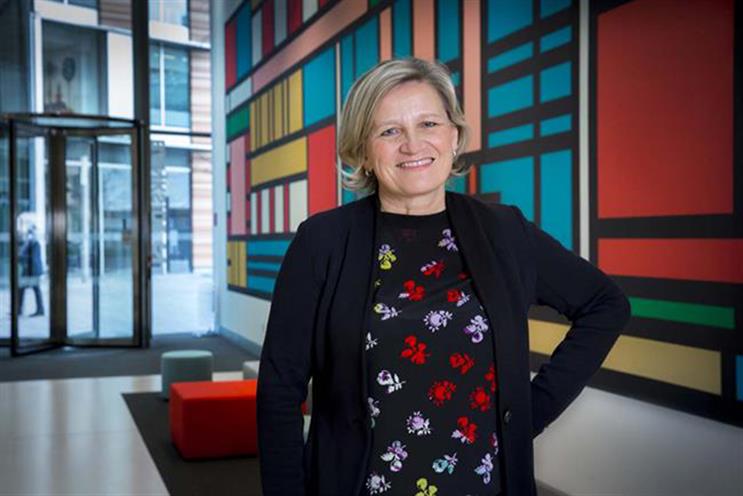Welcome back to #PassItOn, a series featuring the best career advice and insight from women of Wacl and the Futures Network, an alumni group of Wacl Future Leaders Award winners. In this instalment, we hear from Dame Cilla Snowball, former group chairman and chief executive of Abbott Mead Vickers BBDO.
Years ago in a BBDO board meeting, we set about defining our people values. We wanted to codify the values that made BBDO people different and competitive as a basis for hiring, development and succession planning. Unlike most exercises like this, there was no external moderator required, no naval-gazing, no Post-its on the walls, no soul-searching. In fact, there was virtually no debate or disagreement. My memory is that a dozen of us offered them up incredibly quickly and agreed them in minutes, such was the rock-solid unity of that fantastic global team.
Subsequently turning them into a fancy piece of art direction was what took the time. Yet coming up with the list of shared values was second nature to all of us – dead easy.
One of them was "we, not me": a pretty obvious and timeless teamwork principle, practised brilliantly in sport and in the best businesses.
Advertising has always been a collective, not a solo, sport because a creative business depends on collaboration for its major breakthroughs. None of us is as good as all of us and real progress comes through team effort, not personal agendas. The best leaders are always "we, not me" people. They call out the efforts of the whole squad, downplay their individual contribution and take real pleasure in others; it’s always about the team.
Ego is abundant in our business and, without exception, it’s a destructive force. You can’t learn if you think you already know. You won’t get answers if you’re too self-assured to ask questions. Teamwork relies on interdependence and requires a healthy dose of modesty and humility, recognising that combining individual talent with that of others will create something greater as a result – better than what we can do individually. Teams take ego out of the equation.
But as I mentor the Wacl Future Leaders, the Marketing Academy scholars and final-year students at the University of Birmingham, my alma mater, it’s amazing how profoundly complex the transition from "me" to "we" can be. It’s quite difficult to grasp early on in your career; it's much easier later on, when you have actually experienced the benefit.
And some women tend to be reticent about promoting "me", so it’s even harder to get the "we, not me" balance right. Finding joy in the success of others rather than your own, working through not just with others, learning to delegate, having difficult conversations, creating the right conditions for others to perform at their best, sharing knowledge, vulnerability and credit all take time and practice.
Working out that leadership isn’t about being in charge but taking care of those in your charge is all part of the huge shift from "me" to "we". And it’s a joyous and important shift. It’s right at the heart of good diversity and inclusion, too, because diversity promotes the widest possible "me" and inclusion promotes the joy of belonging to the "we".
But I wonder if we recognise and celebrate "we, not me" enough as an industry. We do it more easily in companies, but there’s certainly scope for better reward and recognition of the industry "we".
After stepping out of the advertising business nine months ago, leaving the wonderful AMV team and navigating a major career transition into non-executive work, my focus has been finding a new "we, not me", identifying and working with new teams in new organisations with shared values. It’s a big old world out there beyond adland and the process of learning and discovery is both fascinating and uplifting.
Wish us luck!
Cilla Snowball is a governor at the Wellcome Trust, non-executive director at Derwent London and chair of the GREAT Private Sector Council


